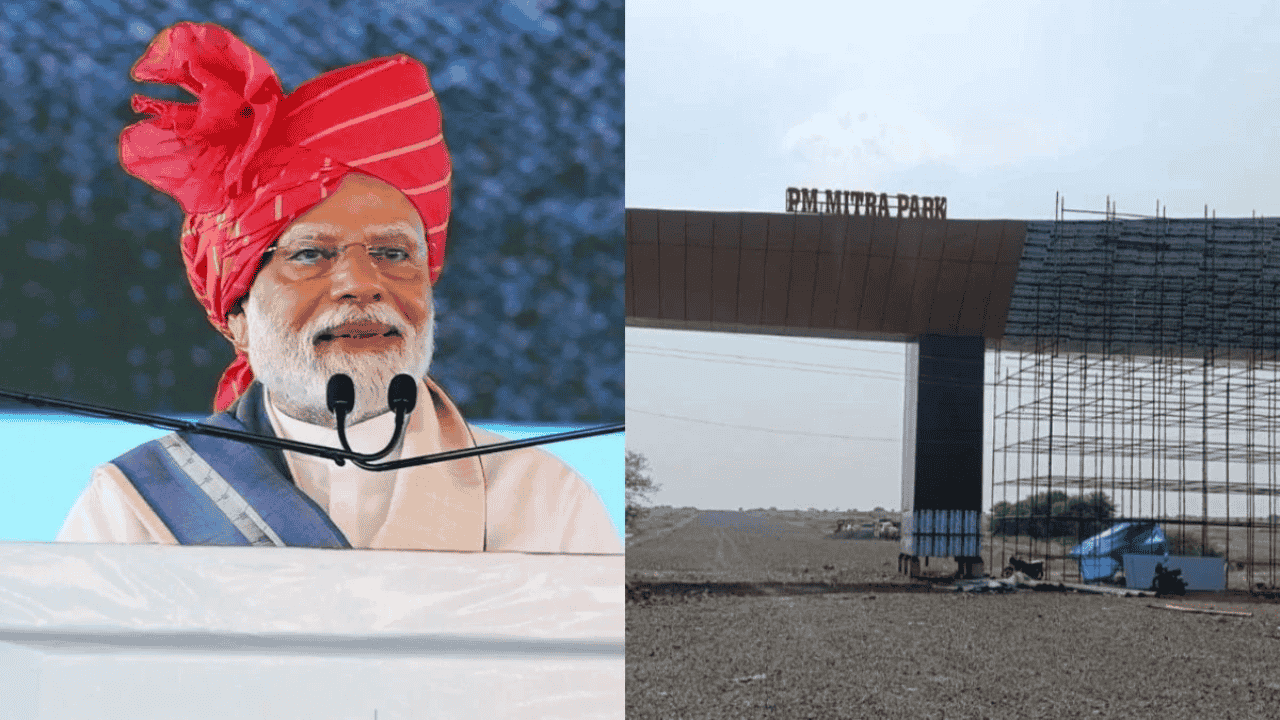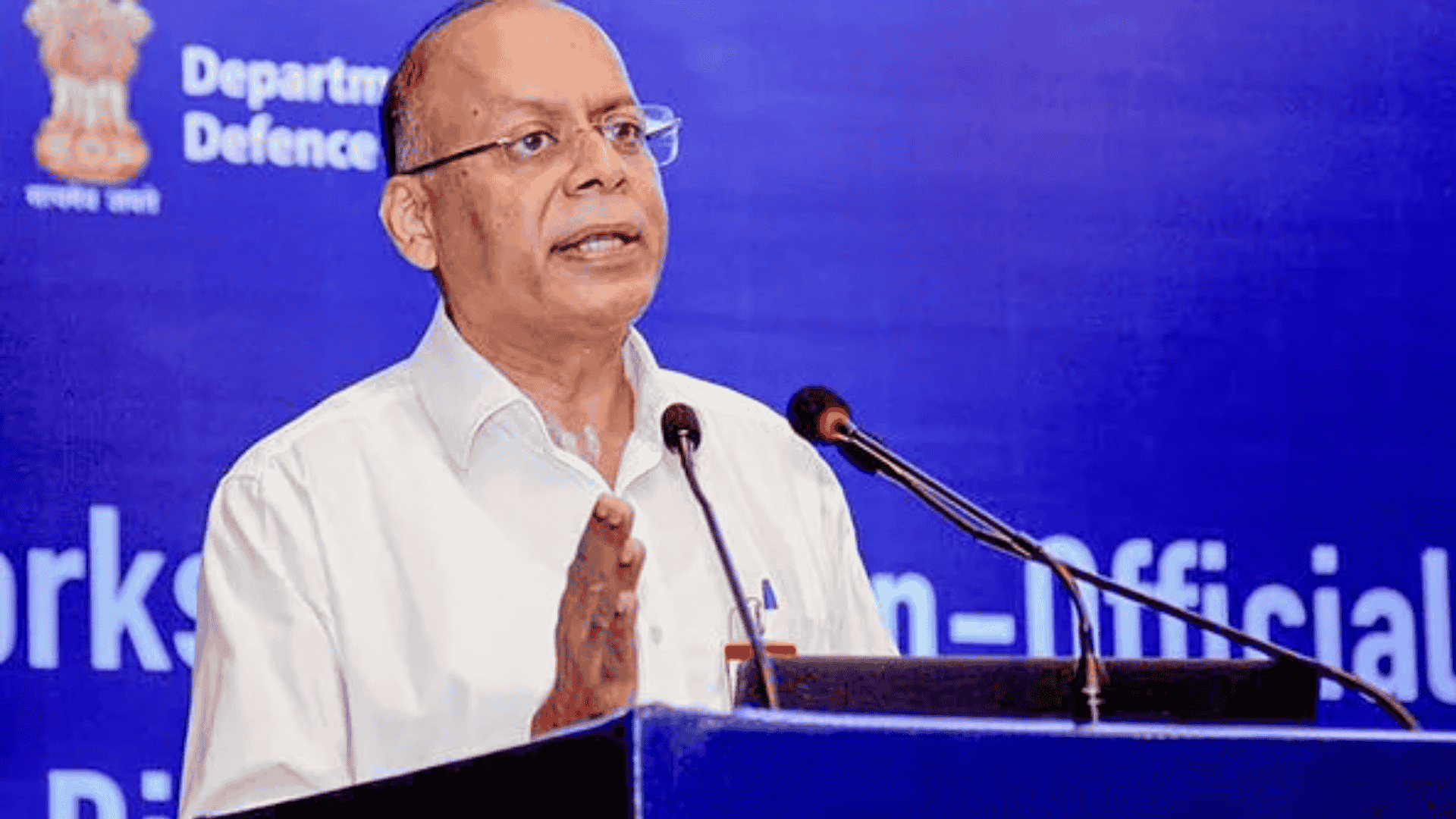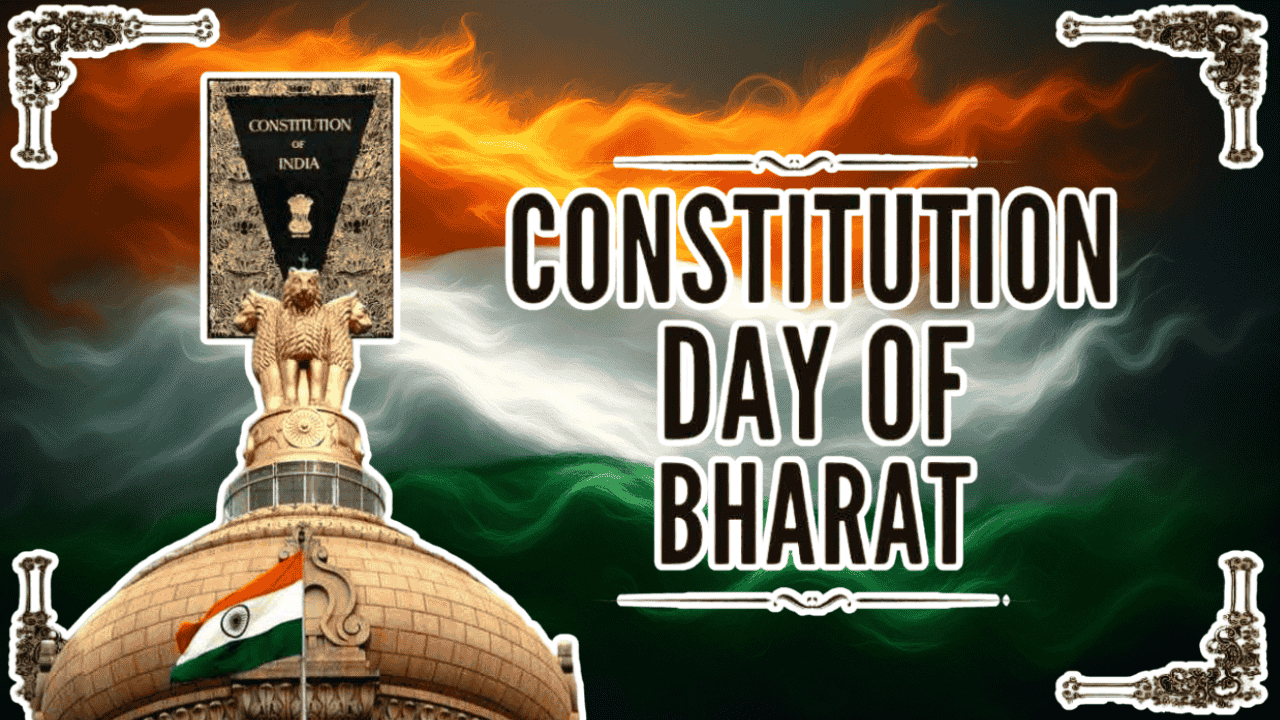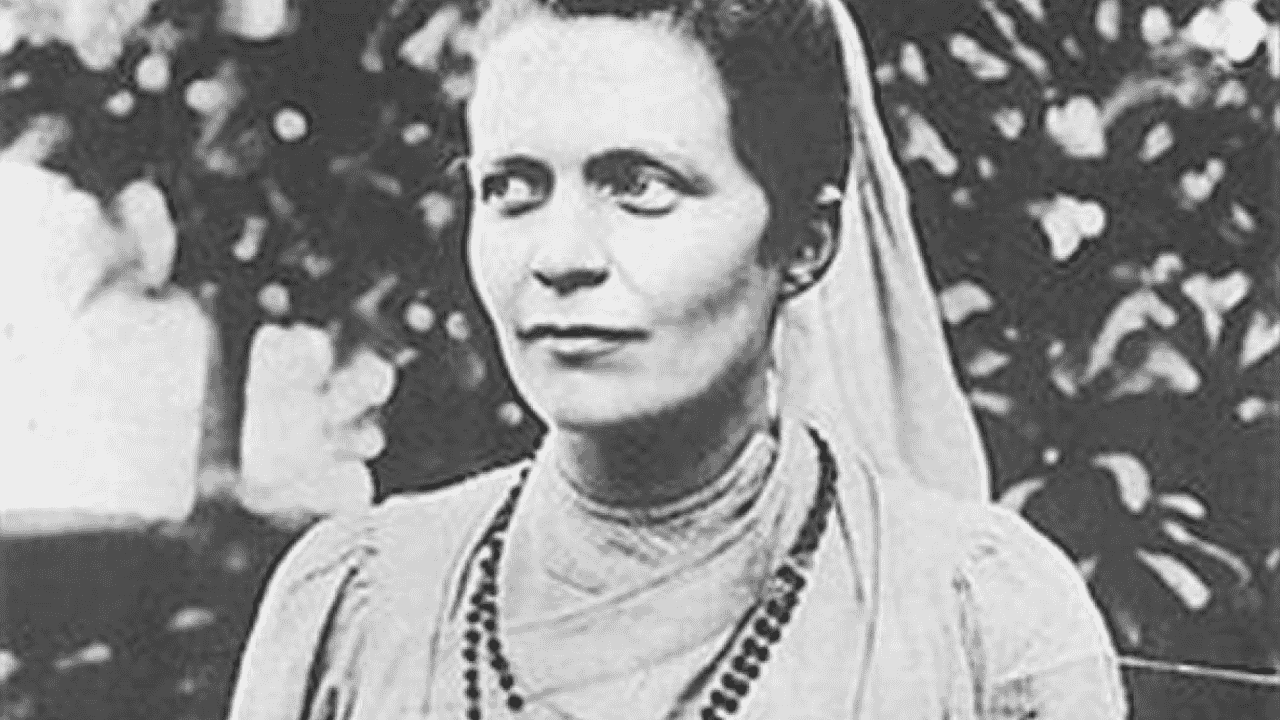Prime Minister Narendra Modi will mark his 75th birthday on September 17, 2025, by laying the foundation stone of India's first PM Mega Integrated Textile Region and Apparel (PM MITRA) Park in Bhainsola village, Dhar district, Madhya Pradesh. This groundbreaking ceremony represents a transformative moment for India's textile sector and establishes Madhya Pradesh as the pioneering state in implementing the ambitious PM MITRA scheme.
Historic Significance of the Dhar PM MITRA Park
The Dhar textile park marks a crucial milestone as the country's first operational PM MITRA facility among seven such hubs sanctioned nationwide. While other states including Tamil Nadu, Telangana, Gujarat, Karnataka, Uttar Pradesh, and Maharashtra are still in preliminary stages of development, Madhya Pradesh has successfully completed land acquisition and preparatory work for this revolutionary project.
The park will be established across 2,100 acres in Bhainsola village under Badnawar tehsil, strategically positioned to leverage the region's cotton production capabilities. This location benefits from excellent connectivity through the Delhi-Mumbai Expressway, ensuring seamless transportation of finished products to major ports including Jawaharlal Nehru Port Trust Mumbai and Kandla Gujarat.
Revolutionary 5F Model Integration
The PM MITRA scheme embodies Prime Minister Modi's visionary 5F framework: Farm to Fibre to Factory to Fashion to Foreign. This integrated approach represents a paradigm shift in textile manufacturing by bringing the entire value chain under one umbrella:
Farm: Local cotton farmers can directly supply raw materials to companies within the park, eliminating intermediaries and ensuring fair pricing.
Fibre: Cotton ginning, cleaning, and yarn production facilities will process raw materials on-site.
Factory: Comprehensive spinning, knitting, dyeing, and printing operations will be housed within the integrated complex.
Fashion: Garment manufacturing, designing, and job work including embroidery and button attachment will create extensive employment opportunities for women.
Foreign: Direct export facilities will enable finished products to reach international markets, boosting foreign exchange earnings.
Massive Employment Generation and Economic Impact
The Dhar PM MITRA park is projected to generate over 3 lakh direct and indirect employment opportunities. This massive job creation will particularly benefit tribal workers from Dhar, Jhabua, Alirajpur, and Barwani districts, with special priority given to local communities and skilled women workers.
Chief Minister Mohan Yadav emphasized that more than 6 lakh cotton-producing farmers will benefit directly from the park, while approximately 1 lakh people will gain direct employment and 2 lakh will benefit indirectly. The project is expected to attract significant investments from major companies that have already expressed keen interest in establishing operations within the park.
Environmental Sustainability and Infrastructure Excellence
Zero Liquid Discharge System
The park will feature a state-of-the-art Zero Liquid Discharge (ZLD) system that will treat industrial wastewater without releasing any liquid waste into the environment. This advanced treatment facility will process 20 MLD of wastewater daily, producing water quality comparable to RO-treated water for campus cleaning and irrigation purposes.
The ZLD system represents a crucial environmental protection measure that will prevent water pollution while promoting resource recovery and reuse. This technology ensures compliance with stringent environmental regulations while supporting the park's sustainability objectives.
Renewable Energy Integration
The park will be powered by solar energy with 10 MW solar panel installation by MPIDCB, reducing electricity costs and environmental impact. Daily power consumption is estimated at 150 MW, supplied through a dedicated 220 KV substation and 132 KV transmission lines directly to industrial units.
Comprehensive Infrastructure Facilities
The park will offer plug-and-play facilities for small and micro industries, including 81 ready-made plots with pre-installed electricity and water connections. Additional infrastructure includes:
3,500-bed hostel and dormitory facilities with separate accommodations for women workers
Commercial complex, hospital, and petrol pump services
Logistics hub and warehouse facilities for foreign companies
Dedicated parking areas for container trucks and heavy vehicles
National PM MITRA Scheme Overview
The Government of India has approved seven PM MITRA parks with a total outlay of ₹4,445 crore over seven years until 2027-28. These parks are designed to attract ₹70,000 crore in investments and create approximately 20 lakh direct and indirect jobs nationwide.
The textile industry currently contributes 2.3% to India's GDP, 13% to industrial production, and 12% to exports. With over 45 million people employed directly in the sector, it serves as the second-largest employment generator after agriculture.
Strategic Location Advantages
Madhya Pradesh's selection for the first PM MITRA park reflects the state's strong cotton production capabilities. The state ranks as the sixth-largest cotton producer in India, generating approximately 18.01 lakh bales in 2023-24. The Malwa region, encompassing Dhar, Jhabua, Khargone, Barwani, and Ujjain, represents one of the country's largest cotton-producing areas.
The park's proximity to existing industrial clusters at Pithampur and excellent highway connectivity through the expressway network ensures optimal logistics support for manufacturing and export operations.
Additional Government Initiatives
During his visit, Prime Minister Modi will also launch several complementary programs including the Swasth Nari, Sashakt Parivar Abhiyan for women and child healthcare, and the Seva Pakhwada service fortnight campaign. These initiatives align with the government's broader vision of comprehensive development and social welfare.
Why this matters for your exam preparation
The PM MITRA scheme and the Dhar park inauguration represent crucial current affairs topics for UPSC and other competitive examinations. Key examination aspects include:
Economic Development: Understanding the 5F model integration and its impact on India's textile competitiveness in global markets. Questions may focus on employment generation statistics, investment projections, and economic multiplier effects.
Environmental Protection: The Zero Liquid Discharge system exemplifies sustainable industrial development practices. Aspirants should understand ZLD technology, environmental compliance requirements, and circular economy principles.
Government Schemes: PM MITRA represents a flagship initiative under the Ministry of Textiles. Knowledge of scheme objectives, financial allocation, implementation mechanisms, and expected outcomes is essential for policy-based questions.
Geography and Agriculture: The selection of Madhya Pradesh based on cotton production capabilities highlights the intersection of agricultural resources and industrial development. Understanding state-wise cotton production statistics and agro-industrial linkages is important.
International Trade: The scheme's focus on export enhancement through the "Foreign" component of the 5F model connects to India's trade competitiveness and foreign exchange earnings. This topic intersects with current economic policy discussions and global supply chain dynamics.







